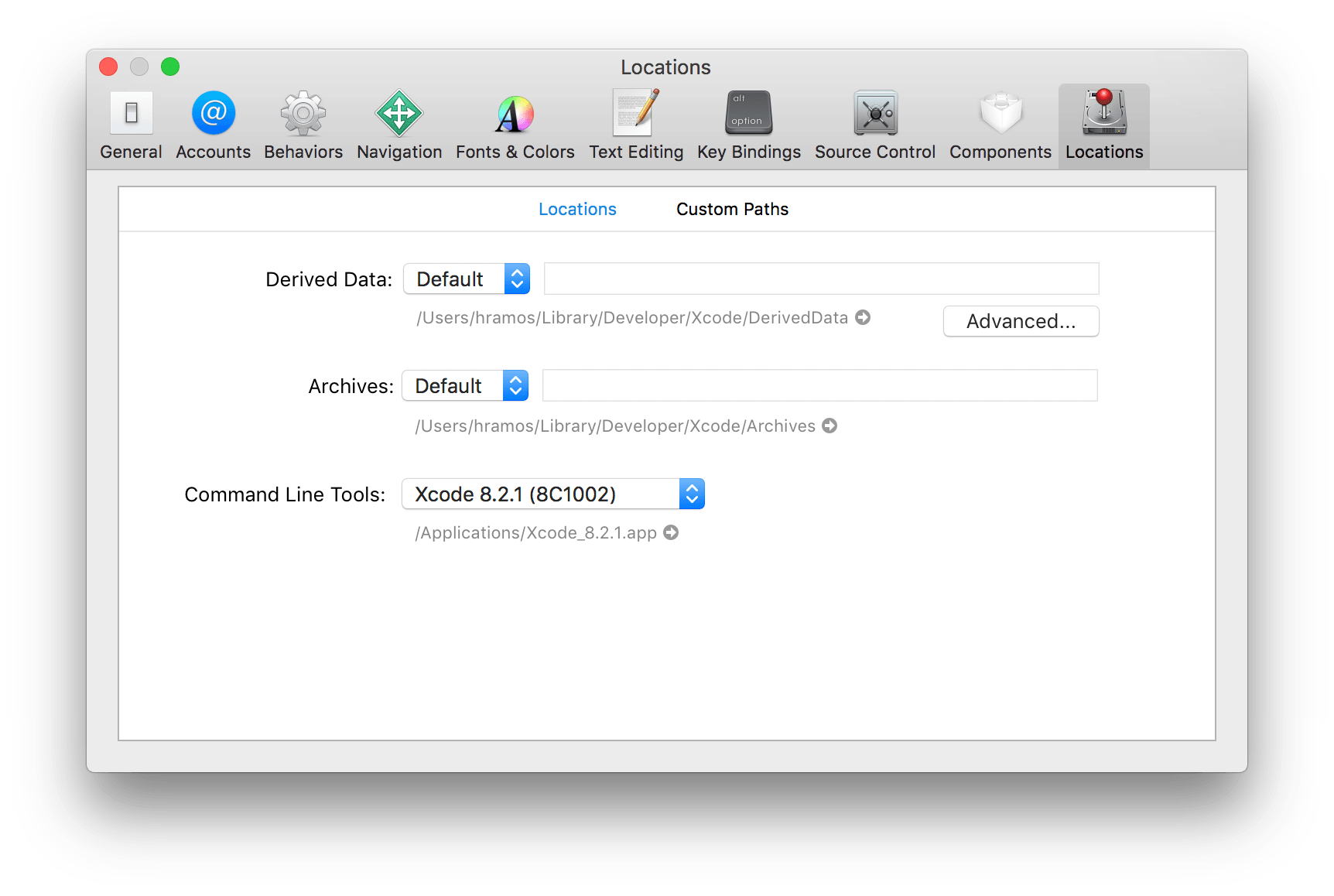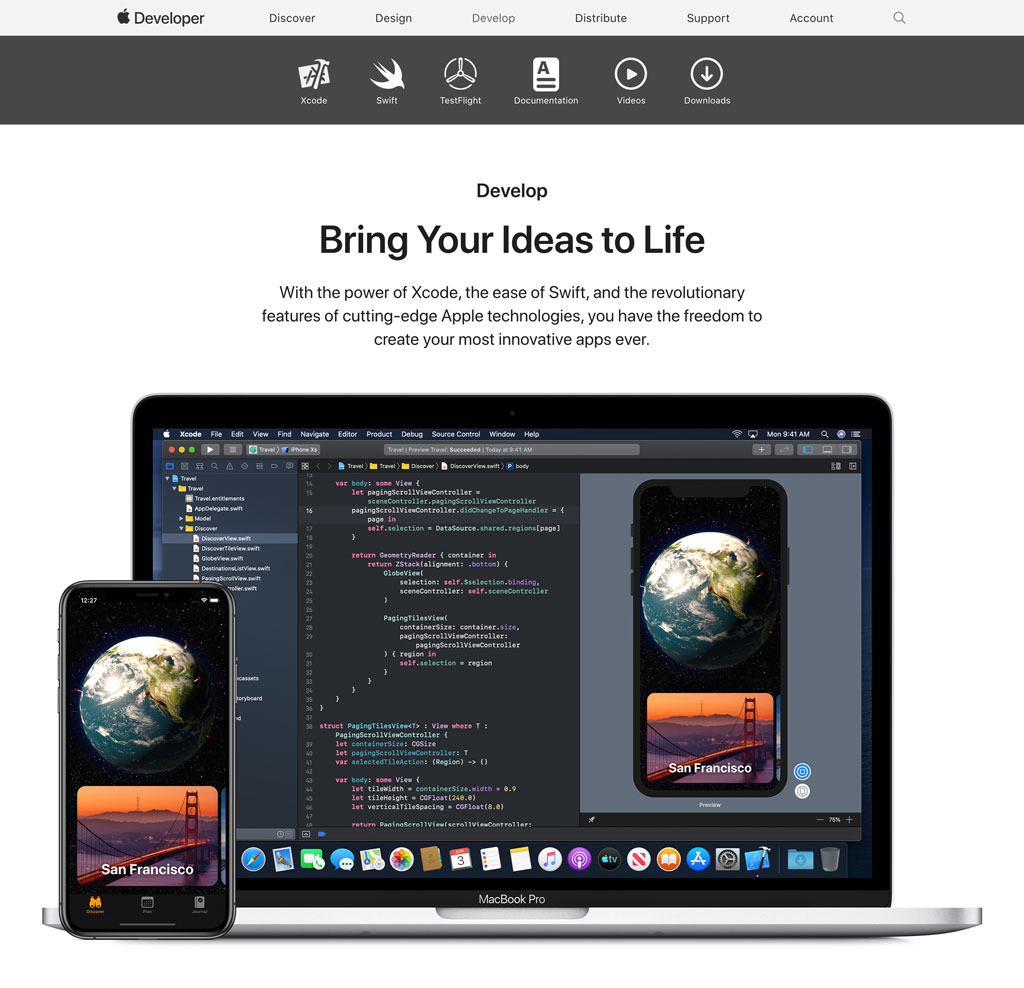

- #Install older version of xcode command line tools how to#
- #Install older version of xcode command line tools install#
- #Install older version of xcode command line tools full#
- #Install older version of xcode command line tools code#
Verify that you've successfully installed Xcode Command Line Tools: $ xcode-select -p You'll see a confirmation message when installation is complete. It's significantly slower on Mac Intel over a slow Internet connection. Installation takes 8 minutes on a 2021 Mac M1 Mini, with a 100Mbps Internet connection.
#Install older version of xcode command line tools install#
You'll see a panel that asks you to install Xcode Command Line Tools.Ĭlick 'Install' to begin the download and installation process. You can also enter the command xcode-select -install in the terminal to begin the installation process.
#Install older version of xcode command line tools how to#
I've written elsewhere about How to Open Terminal on MacOS – just click the Spotlight icon in the menu bar and type “terminal.” Running any of these commands in the terminal will bring up a prompt to install Xcode Command Line Tools. git – the save-as-you-go version control system.
#Install older version of xcode command line tools code#
clang – a compiler that turns source code into an executable program.Here are examples of commands that will trigger a prompt to install Xcode Command Line Tools: How to Install Xcode Command Line Tools from a Command PromptĪpple has made it easy to install Xcode Command Line Tools because certain commands will prompt you to begin installation. Instead, try either of two faster methods. The download will take too long and it will consume unnecessary disk space.
#Install older version of xcode command line tools full#
I don't recommend installing the full Xcode package unless you're developing software for an Apple device.

usr/local/include/TString.h:117:75: error: no member named 'to_string' in usr/local/include/RStringView.h:50:28: error: no member named 'to_string' in usr/local/include/RStringView.h:38:29: error: expected unqualified-id usr/local/include/RStringView.h:38:12: error: unknown type name usr/local/include/RStringView.h:37:29: error: expected unqualified-id Typedef basic_string_view u32string_view usr/local/include/RStringView.h:37:12: error: unknown type name

usr/local/include/RStringView.h:36:29: error: expected unqualified-id Typedef basic_string_view u16string_view usr/local/include/RStringView.h:36:12: error: unknown type name usr/local/include/RStringView.h:35:29: error: expected unqualified-id usr/local/include/RStringView.h:35:12: error: unknown type name In file included from /usr/local/include/TString.h:41: In file included from /usr/local/include/TNamed.h:29: In file included from /usr/local/include/TDirectory.h:25: In file included from /usr/local/include/TROOT.h:29: Produces the following compilation errors: visitor050:rootInc reimer$ g++ -Wall -o anal anal.C Std::cout and compiling with g++ -Wall -o anal anal.C For example, this simple program compiles fine if the #include is commented out. Earlier today, my Mac updated xcode and command line tools to v9.0 and now I am not able to compile programs that #include.


 0 kommentar(er)
0 kommentar(er)
